Os BCAA’s são um conjunto de aminoácidos bem conhecidos pelos praticantes de ginásio, e são um dos suplementos que vais encontrar obrigatoriamente em qualquer loja de nutrição desportiva.
Trata-se de três aminoácidos essenciais, são eles: Leucina, Isoleucina e Valina.
Estes três aminoácidos encontram-se presentes em praticamente todos os alimentos ricos em proteína, como as carnes, os peixes ou os ovos, portanto, se levas uma alimentação rica em proteínas, provavelmente já tens um consumo razoável de BCAA’s.
Isto significa que não vale a pena utilizares este suplemento?
Talvez sim, ou talvez não.
A suplementação de BCAA’s numa dieta rica em proteínas de alto valor biológico não é essencial, mas pode ser benéfica, principalmente a Leucina.
Durante a prática de exercício, ocorre um declínio destes aminoácidos que leva por exemplo à ocorrência da fadiga.
Para compreenderes melhor os benefícios dos BCAA’s, vamos isolá-los, e falar um pouco sobre cada um.
- Embora grande parte da informação contida neste artigo se possa aplicar a todo o tipo de actividades desportivas, ele é focado acima de tudo no mundo do ginásio e treino de musculação.
Leucine
A Leucina é considerado o aminoácido mais importante deste grupo, e podemos dizer mesmo, que é o aminoácido mais importante de todos os aminoácidos quando o assunto é ginásio!
Isto porquê?
Porque a Leucina é o aminoácido mais potente de todos a estimular a síntese proteica, o que vai levar ao anabolismo e consequente crescimento muscular.
O mecanismo principal de ação da Leucina, é através da ativação de uma proteína chamada mTOR.
Esta proteína tem um papel importante na regulação da síntese proteica, e consequentemente no crescimento muscular.
Agora, isto não significa que basta tomares um duche diário de Leucina que vais ter ganhos musculares!
Para além da ativação do mTOR, a Leucina estimula a secreção de insulina, uma hormona extremamente anabólica e um dos metabólitos da Leucina é o HMB, conhecido pela sua ação anti catabólica.
Se só fosse possível escolher um dos três aminoácidos, a Leucina seria a escolha mais acertada se o teu objectivo é ganhar massa muscular, e encontras facilmente à venda como suplemento de forma isolada.
Isoleucine
Depois da Leucina, o aminoácido mais importante deste conjunto é a Isoleucina.
Enquanto que a Leucina desempenha acima de tudo um papel anabólico e de crescimento muscular, a Isoleucina funciona mais como anti catabólico e de aumento e manutenção da performancIt is.
A Isoleucina promove o consumo e o armazenamento da glucose dentro das células musculares, levando a uma utilização mais eficiente de energia.
Para além disso, também induz a síntese proteica, embora de forma menos significativa que a Leucina.
Portanto, com a suplementação de Isoleucina, é possível que leves mais tempo a atingir a fadiga e a parar o exercício.
Valina
Por fim, temos a Valina, que é dos três aminoácidos o menos estudado de forma isolada, e também aquele que teoricamente fornece menos benefícios.
A Valina partilha de alguns dos benefícios dos outros dois aminoácidos, mas é menos eficaz que ambos, e não tem até á data nenhum benefício exclusivo como acontece com os outros dois.
Não deixa de ser um aminoácido essencial e com funções importantes no organismo, apenas é mais fraco quando se compara tanto à Leucina como à Isoleucina quando o objectivo é melhorar a composição corporal.
Agora que já falámos um pouco sobre cada um dos aminoácidos, já sabes o que esperar minimamente de uma suplementação com BCAA’s.
A sinergia entre os três aminoácidos pode trazer benefícios como:
- Greater muscle growth
- More performance
- Redução da fadiga
- Less muscle pain
Os benefícios mais notórios são a nível de redução da fadiga e na recuperação muscular.
Agora, vale a pena suplementar com BCAA’s?
Quem já utiliza uma proteína whey antes e depois do treino, vai notar poucos benefícios com os BCAA’s, já que a proteína whey é naturalmente rica nestes três aminoácidos, e cada dose (of a good whey) traz em média 4g a 5g de BCAA’s.
Isto não significa que seja inútil, apenas está longe de ser essencial.
A suplementação com BCAA’s faz sentido em momentos específicos, como o antes, o durante e o pós treino. É aqui que entra a suplementação com BCAA’s, e é muito comum vermos estes três aminoácidos em suplementos pré-treino.
Isto porque vai promover um ambiente anabólico, atenuar a fadiga e melhorar a performance durante o treino, o que pode levar a melhores resultados.
Quem vai beneficiar com os BCAA’s?
- Quem procura aumentar a massa muscular, o aumento na síntese proteíca e o maior armazenamento de glucose nas células musculares vai ajudar.
- Quem quer perder massa gorda vai beneficiar da acção anti-catabólica dos BCAA’s.
- Quem pratica desportos de resistência a suplementação de BCAA’s vai retardar a acção da fadiga, ajudando a manter o desempenho.
- Those who train fasting or with very little food, when waking up for example.
Quanto e quando devo utilizar os BCAA’s?
A melhor altura para fazer uso da suplementação com BCAA’s é antes, durante e após o treino.
Deves utilizar no mínimo 5g, e podes utilizar até 15g a 20g, de forma repartida.
Estou indeciso entre BCAA’s em pó ou em comprimido, ajudem-me!
Os BCAA’s em pó são normalmente mais baratos e fáceis de dosear, mas sabem mal se utilizares a versão sem sabor.
Já em comprimidos, para além de pagares mais, provavelmente vais ter que te encher de comprimidos para atingir a dose ideal.
Sim, é verdade, preferimos os BCAA’s em pó.
A divisão mais comum é 2:1:1, ou seja, a dose de leucina é normalmente o dobro da quantidade de isoleucina e valina, e se leste o artigo, sabes o porque! Existem ainda fórmulas que vão mais longe, e utilizam concentrações de leucina que são o triplo ou o quadruplo em relação aos seus outros dois companheiros.
Conclusão e opinião
Os BCAA’s são um suplemento interessante, desde que não esperes milagres.
Ajudam a teres uma recuperação mais rápida e a passares menos tempos a queixares-te das dores musculares do treino de pernas, para além de que em dietas de perda de peso podem dar uma boa ajuda a manter a massa muscular.
Agora, se já utilizas uma dieta elevada em proteínas de qualidade e estás em excesso calórico, o benefício só irá existir se utilizares os BCAA’s nos momentos certos.
É importante referir, grande parte dos benefícios destes aminoácidos acontecem não só através da suplementação, mas também da alimentação, portanto uma dieta alta em proteínas de qualidade, é também alta em BCAA’s.
No entanto, a utilização de BCAA’s antes, durante e após o treino tem benefícios que só com a suplementação são possíveis de atingir, como a redução da fadiga e a criação de um ambiente mais anabólico em redor do treino. A não ser que estejas a pensar comer um bife a meio do treino, claro.
Se já utilizas whey no antes e pós treino, a suplementação com BCAA’s de 0 a 5, seria provavelmente um 2, atenuando a fadiga durante o treino principalmente.
Caso não utilizes whey, mas sigas uma dieta rica em proteínas de alto valor biológico, seria um 3, e caso essa dieta ainda não esteja muito afinada em termos proteicos, os BCAA’s levariam provavelmente um 3,5.
Na nossa opinião, é um suplemento que fica atrás da whey protein or the creatine por exemplo, mas é mais vantajoso do que suplementos como a glutamina ou a arginina.
Se já utilizaste, deixa a tua opinião nos comentários e conta-nos o que notaste e se valem ou não a pena.

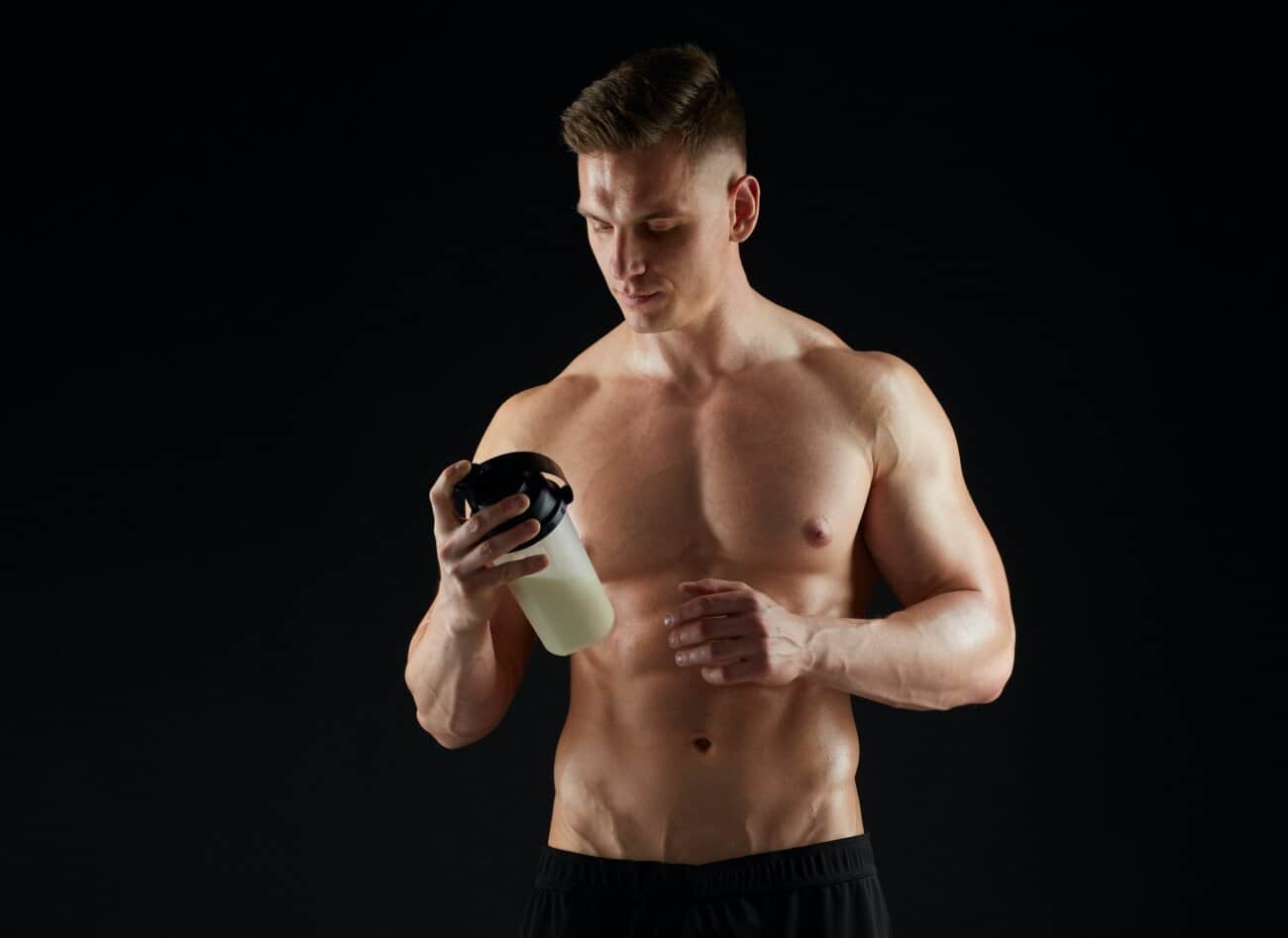
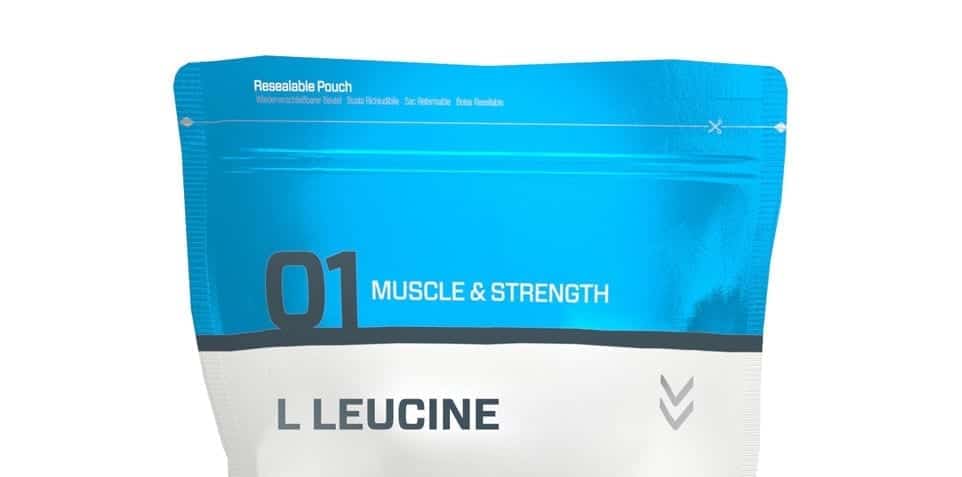

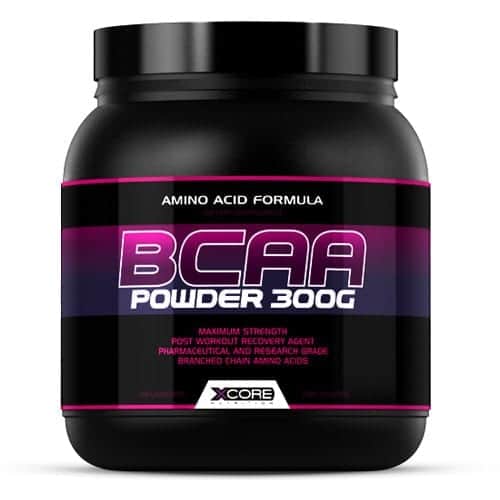
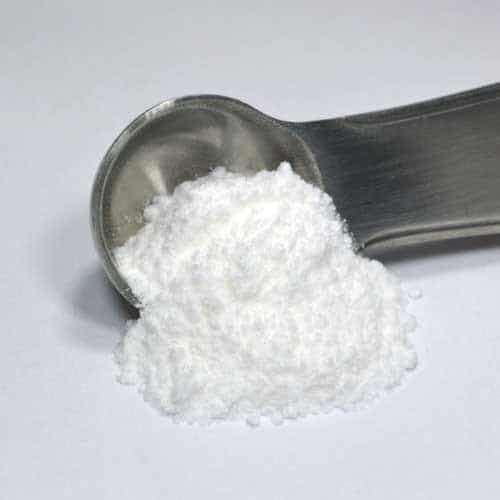
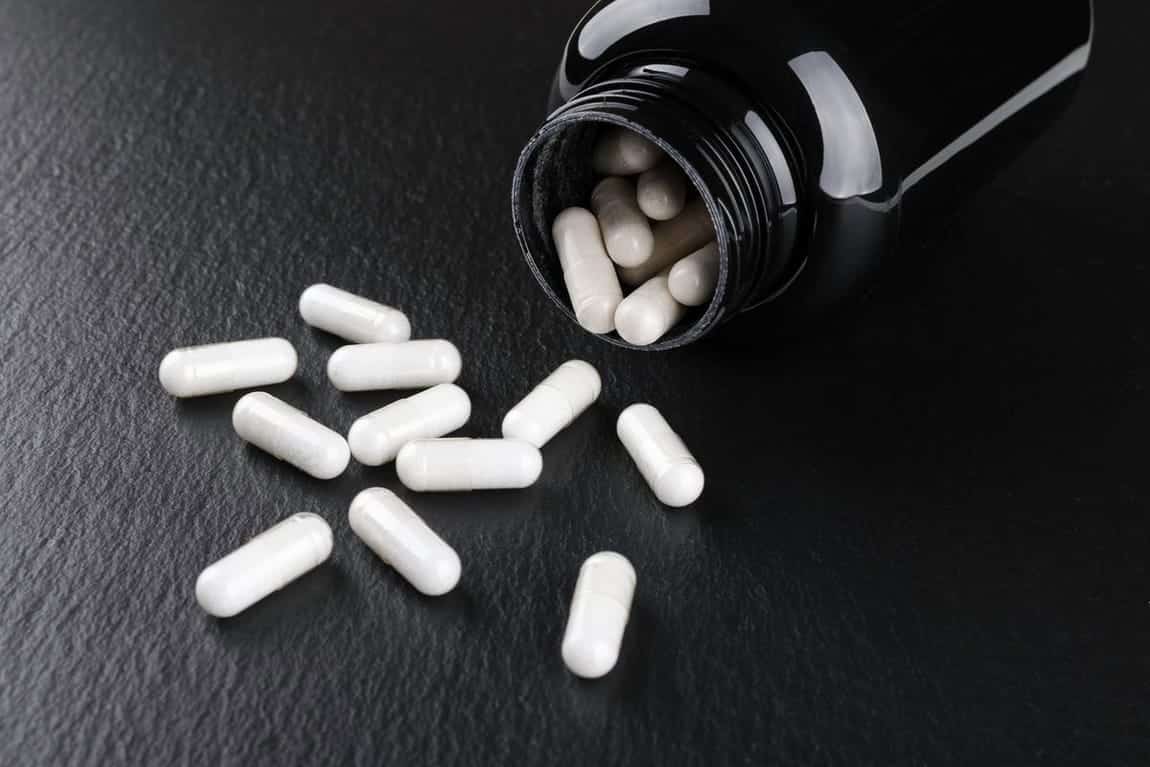

E nos dias sem treino, é preciso continuar a tomar..??
Provavelmente não é necessário, mas depende da dieta, etc.
Ok muito obrigado pela resposta, a minha dieta é rica em nutrientes de qualidade…
durante a perda de peso é importante a toma de BCAA’s para prevenir o catabolismo e preservar a massa muscular. Mas visto que a leucina estimula a produção de insulina, isso não poderá atrapalhar, por exemplo antes do treino, a capacidade para queimar gordura?
Durante o treino o objetivo deve ser sempre manter a massa muscular, não perder gordura.